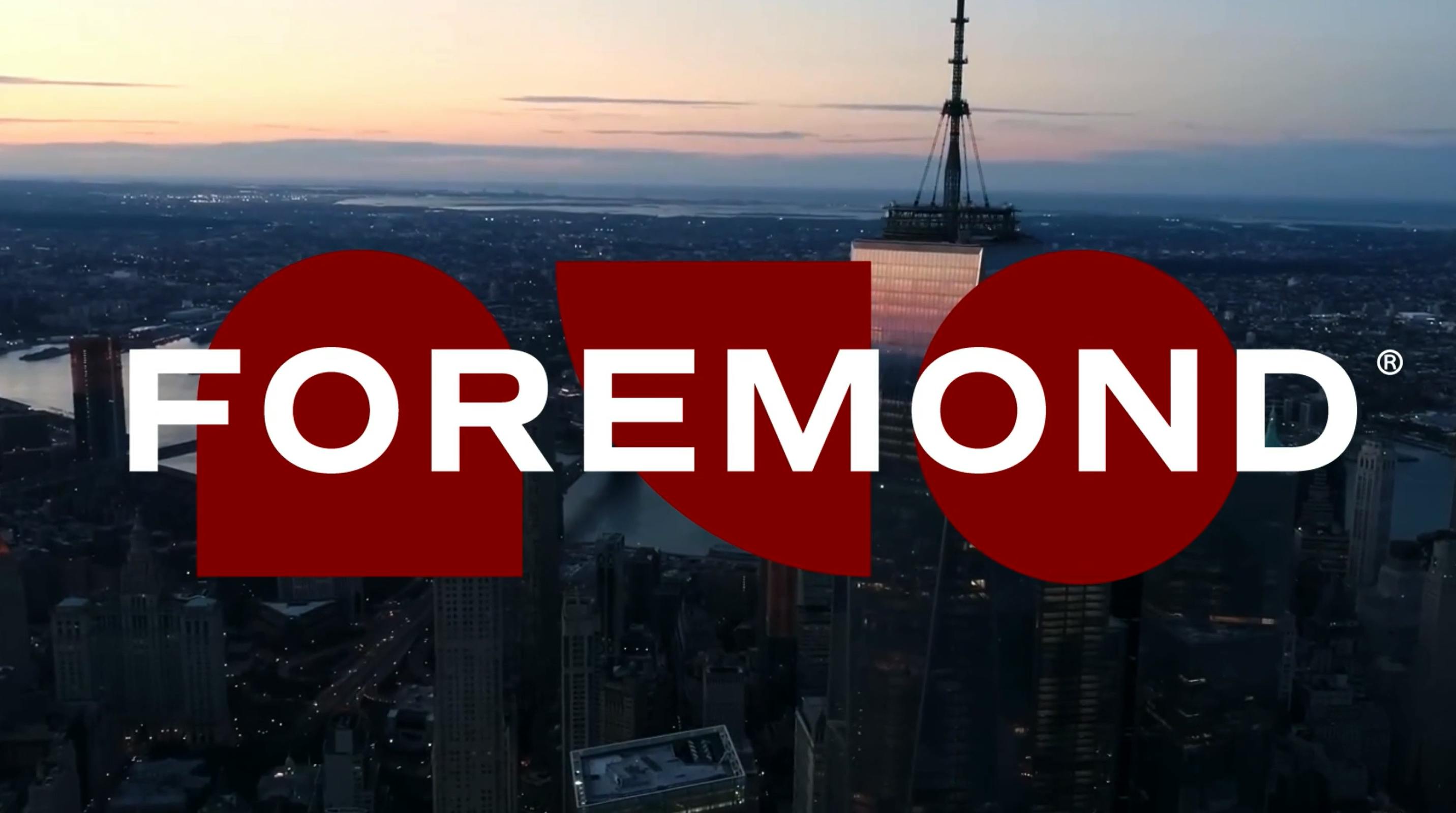Good morning! Today’s newsletter is brought to you by Chris.
The latest issue of The Grub Street Journal asks: Why won’t print just lie down and die? Answers from industry insiders were less about zombie print, more about making print work as a valuable part of the modern media mix.
I love it when I read a blog post where you can tell the author was chewing something over as they wrote it. I felt this way about this post from Mark Stenberg, in which he goes over the sequence of events that led to keyword blacklists and other tools that effectively let brands opt out of appearing alongside news content that they believe is ‘brand unsafe’:
“The result is that news publishers’ most critical reporting, which is also often their most expensive to produce, is inefficiently monetized. And while they can, to a degree, make up for this decrease in price with higher volume, as readers flock to stay current on whatever issue is at hand, the margins are poor and there is a significant opportunity cost.”
As Stenberg says, that leads to a situation in which publishers are actively disincentivised to do the really important journalism around big stories, because those stories won’t be as effectively monetised. I’m an advocate of the ability for advertisers to choose where and when their content appears — but I do wish they would consider the benefits that come from supporting that activity from newspapers.
I spoke with Gay Times’ CEO Tag Warner last week ahead of the group’s big new expansion into the US. He told me that the brand has finally acquired the .com version of its name — but more importantly he explained why the LGBTQ+ focused brand is actually slightly sidestepping New York and California when launching out there. It’s a great example of a media brand having done the research into not just where its audience currently exists, but where new readers could be.
Just in case you thought that mis- and disinformation was purely pushed by individual websites and creators on social media, this is a timely reminder that advertising across all digital channels can be used to push an agenda as well. It’s a necessary refresher on how many vectors for information are available online — and the scale of the challenge for fact-checkers.
A “murderers’ row” is perhaps an unkind way to describe some of the potential bidders for The Telegraph — even perhaps for Rothermere and DMGT who actively sought to get Mail readers to put their health at risk to revive its print circulation. This is a good look at the potential bidders for The Telegraph (although those hoping for a more liberal, rational approach from its coverage will be disappointed by the options).
There’s a thread here on our community about young people’s engagement with print titles, of which the Telegraph is still a member. If you want to log in or register, we’d love to have you on board.
More from Media Voices




/cloudfront-us-east-2.images.arcpublishing.com/reuters/25GZDTQTKNOBPPKCZFYVQY5PPM.jpg)



